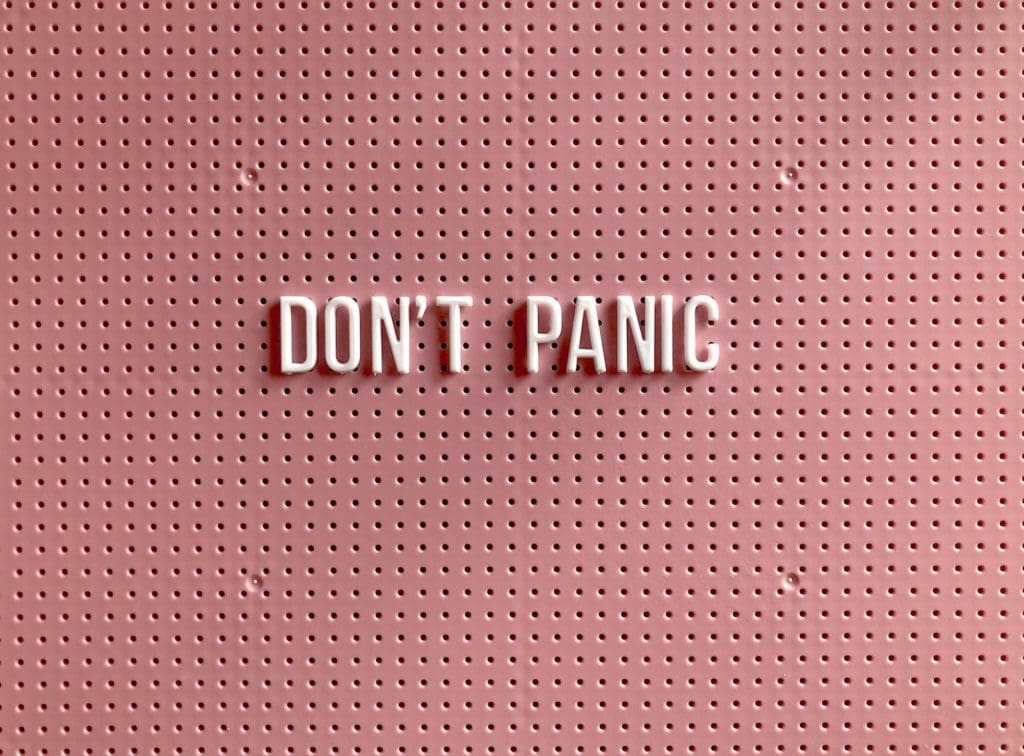In times of crisis, our mental well-being often takes a backseat as we focus on the immediate challenges at hand. However, it is during these difficult moments that building resilience and prioritizing our mental health becomes crucial. Enter Psychology First Aid – a powerful tool that equips individuals with the necessary strategies and support to navigate through challenging times. This approach combines psychological principles and practical techniques to provide immediate assistance and promote long-term mental well-being.
From managing stress and anxiety to developing coping mechanisms, Psychology First Aid empowers individuals to not only survive but thrive in the face of adversity. In this article, we will explore the importance of building resilience and delve into the various techniques and practices that can help strengthen our mental well-being during times of crisis. So, whether you’re facing a personal setback or a global catastrophe, join us as we uncover the transformative power of Psychology First Aid in fostering resilience and promoting mental well-being.
Understanding Psychology First Aid
Psychology First Aid is a concept that draws from the principles of traditional first aid, but focuses on providing support and assistance for psychological well-being in times of crisis. Just as physical first aid helps stabilize and provide immediate care for physical injuries, Psychology First Aid aims to do the same for our mental well-being. It recognizes the importance of addressing emotional distress, trauma, and other psychological challenges that individuals may face during crisis situations.
The Importance of Resilience in Times of Crisis
Resilience, the ability to bounce back from adversity, is a key factor in maintaining mental well-being during times of crisis. Building resilience allows individuals to adapt, cope, and recover from the challenges they face. It acts as a protective factor, helping to buffer against the negative impact of stress and trauma. Resilient individuals are better equipped to handle uncertainty, manage emotions, and find meaning and purpose in the face of a crisis.
The Impact of Crisis on Mental Well-being
Crisis situations can have a profound impact on our mental well-being. The uncertainty, fear, and disruption that often accompany crises can lead to heightened levels of stress, anxiety, and even depression. Additionally, individuals may experience feelings of helplessness, loss, and grief. The prolonged exposure to stressors can take a toll on our overall psychological health, making it vital to prioritize and address our mental well-being during times of crisis.
Psychological Responses to Crisis Situations
During crisis situations, individuals may experience a range of psychological responses. These responses can vary from person to person and depend on various factors such as personal history, coping mechanisms, and support systems. Common psychological responses include heightened anxiety, fear, confusion, and even trauma. Understanding these responses can help individuals and communities better prepare for and respond to crises effectively.

The Role of Psychology in Building Resilience
Psychology plays a crucial role in building resilience and promoting mental well-being during times of crisis. By understanding the psychological processes involved, individuals can develop strategies to enhance their resilience. Psychology provides insights into how our thoughts, emotions, and behaviors influence our ability to cope and adapt. It helps individuals identify and challenge negative thinking patterns, develop effective coping mechanisms, and build a strong support network.
Techniques for Building Resilience
Building resilience requires intentional effort and practice. There are several techniques and practices that can help strengthen our mental well-being during times of crisis. These include:
1. Developing a positive mindset: Cultivating a positive outlook can help individuals maintain optimism and find silver linings in challenging situations. This involves reframing negative thoughts, practicing gratitude, and focusing on strengths and opportunities.
2. Building strong social connections: Social support is vital for resilience. Nurturing relationships with friends, family, and communities can provide emotional support, practical assistance, and a sense of belonging. It is important to reach out, connect, and lean on others during times of crisis.
3. Practicing self-care: Taking care of ourselves physically, emotionally, and mentally is crucial for resilience. This includes getting enough rest, eating well, engaging in regular physical activity, and engaging in activities that bring joy and relaxation.
4. Developing problem-solving skills: Building resilience involves developing effective problem-solving skills. This includes breaking down challenges into manageable steps, seeking help when needed, and taking proactive measures to address difficulties.
5. Seeking professional help when needed: It is important to recognize when professional help is necessary. Mental health professionals can provide guidance, support, and evidence-based interventions to help individuals navigate through crisis situations.
Psychological First Aid Strategies for Individuals
Psychological First Aid offers strategies and techniques that individuals can apply to support their own mental well-being during times of crisis. These strategies include:
1. Self-awareness and emotional regulation: Developing self-awareness helps individuals recognize and understand their emotions, enabling them to regulate their responses effectively. This involves practicing mindfulness, deep breathing exercises, and engaging in activities that promote emotional well-being.
2. Building resilience through problem-solving: Problem-solving skills are essential for building resilience. Individuals can learn to identify obstacles, brainstorm solutions, evaluate alternatives, and take action to address challenges effectively.
3. Developing healthy coping mechanisms: Healthy coping mechanisms help individuals manage stress and emotions in a constructive manner. This can include engaging in hobbies, practicing relaxation techniques, seeking social support, and expressing emotions through creative outlets.
4. Practicing self-compassion: Self-compassion involves treating oneself with kindness, understanding, and acceptance. It involves recognizing that everyone makes mistakes, facing challenges with self-compassion, and practicing self-care without judgment.
Psychological First Aid Strategies for Communities
In addition to individual strategies, Psychological First Aid also offers strategies that communities can implement to support collective mental well-being during times of crisis. These strategies include:
1. Promoting open communication: Open and honest communication is essential for fostering a sense of trust, unity, and collective resilience. Communities can establish reliable communication channels that provide accurate information, resources, and support.
2. Creating safe spaces for expression: Providing safe spaces for individuals to express their thoughts, emotions, and concerns can help foster a sense of belonging and support. This can include virtual support groups, community forums, or mental health helplines.
3. Engaging in collective problem-solving: Communities can come together to engage in collective problem-solving. This involves identifying community needs, pooling resources, and collaborating to address challenges faced by the community as a whole.
4. Providing access to mental health resources: Communities can promote mental well-being by providing access to mental health resources and services. This can include organizing mental health workshops, partnering with mental health organizations, and advocating for increased mental health support.
Resources for Psychological First Aid
There are numerous resources available for individuals and communities seeking to implement Psychological First Aid strategies. Some of these resources include:
1. Online courses and webinars: Many organizations offer online courses and webinars on Psychological First Aid. These resources provide valuable information, practical techniques, and guidance on building resilience and promoting mental well-being.
2. Mental health helplines: Helplines provide immediate support and assistance for individuals in crisis. Trained professionals can offer guidance, listen, and provide referrals to appropriate resources.
3. Mental health organizations and support groups: Mental health organizations and support groups offer a range of resources, including educational materials, support networks, and access to mental health professionals.
4. Books and literature: There are several books and literature available that delve into the concepts of resilience, mental well-being, and Psychological First Aid. These resources provide in-depth knowledge and practical strategies for individuals and communities.
Promoting Mental Well-being in Times of Crisis
In times of crisis, fostering resilience and prioritizing mental well-being is crucial. Psychology First Aid offers a powerful approach that combines psychological principles and practical techniques to provide immediate support and promote long-term mental well-being.
By understanding the impact of the crisis on mental well-being, the role of psychology in building resilience, and implementing strategies at both individual and community levels, we can navigate through challenging times with strength and thrive in the face of adversity. Remember, in times of crisis, your mental well-being matters, and Psychology First Aid can be a transformative tool in building resilience and promoting mental well-being.
#psychologyfirstaid #mentalhealthawareness #mentalhealthsupport #psychologytips #mentalhealthmatters #psychologytoday #mentalhealthadvocate #psychologyfacts #mentalhealthrecovery #psychologyhelp #mentalhealthwarrior #psychologyeducation #mentalhealththerapy #psychologyresearch #mentalhealthwellness #psychologyinsights #mentalhealthawarenessmonth #psychologyofhealing #mentalhealthawarenessweek #psychologyofmindfulness






